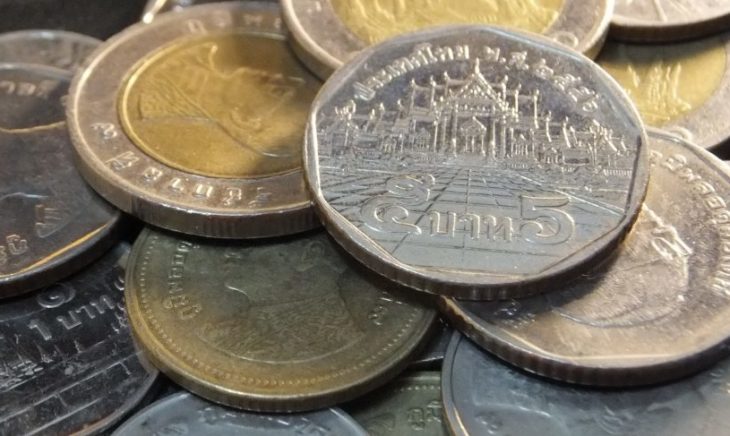We recently offered an overview of Thailand’s Board of Investment (BOI) certification program, whereby companies can qualify for certain promotions or privileges if they meet certain criteria. But are these BOI privileges worth the application for and the maintaining of the qualifications?
BOI certification applies to projects, not to companies
The BOI has an extensive list of promoted business activities that qualify for investment privileges. Since the BOI began by encouraging manufacturing, they still reference promoted activities as “Projects”. Projects refer to specific business activities within a company’s overall operation, not the company itself, which means that some activities may qualify for certification while others may not. Regardless, the entire company may still be able to benefit from BOI certification.
Promoted activities are divided into eight industry categories and include:
- Agriculture and Agricultural Products
- Mining, Ceramics, and Basic Metals
- Light Industry
- Metal Products, Machinery, and Transport Equipment
- Electronic Industry and Electric Appliances
- Chemicals, Paper, and Plastics
- Services and Public Utilities
- Technology and Innovation Development
Within each category are more specific activities that run the gamut from manufacturing to infrastructure development to professional and technological services and more. The BOI further identifies each activity with a designation that indicates the degree of promotion, incentive level and extent of privileges granted:
- A1: Knowledge-based activities focused on research & development that are designed to enhance Thailand’s competitiveness.
- A2: Activities to develop Thailand’s infrastructure or activities using advanced technology to create added value that have little or no existence in the country.
- A3: High technology activities important to Thailand’s development that a negligible existence in the country.
- A4: Activities not as advanced in technology as those in A1, A2, or A3 but which add value to domestic resources and strengthen the supply chain.
- B1 – B2: Activities do not use much high technology but is still important to the supply chain.
BOI certification comes with tax and non-tax incentives
Once certified, a Project is then eligible for a range of basic incentives, including:
Tax Incentives
- Exemption of corporate income tax and tax on dividends (up to 10 years).
- Exemption/reduction of import duties on machinery (for duration of certification).
- Reduction of import duties for raw or essential materials (for duration of certification).
Non-Tax Incentives
- Expedited visas for foreign nationals to enter the Kingdom to study investment opportunities.
- Expedited visas & work permits to bring qualified skilled workers and experts into the Kingdom.
- Permit to own land.
- Permit to take out or remit money abroad in foreign currency.
The certification designation (A1 to B2) will determine exactly which incentives apply and for how long.
There are also additional incentives available for competitive enhancements (as related to R&D or technology transfers), decentralization (certified activities located in designated provinces with low per capita income), and industrial area developments (certified activities located in designated industrial areas/estates), which include:
- A 50% reduction of corporate income tax.
- Double deductions from the costs of transportation, electricity and water supply.
- An additional 25% deduction on the cost of installation or construction of facilities.
GPS Legal is experienced with BOI certification application and maintenance
The incentives for BOI certification are many, and it should behoove any investor or business owner to investigate whether any of their operations qualify. GPS Legal has assisted businesses at every level of BOI certification and maintenance, so if you would like to find out more about whether you should apply for BOI certification, please contact us today.




